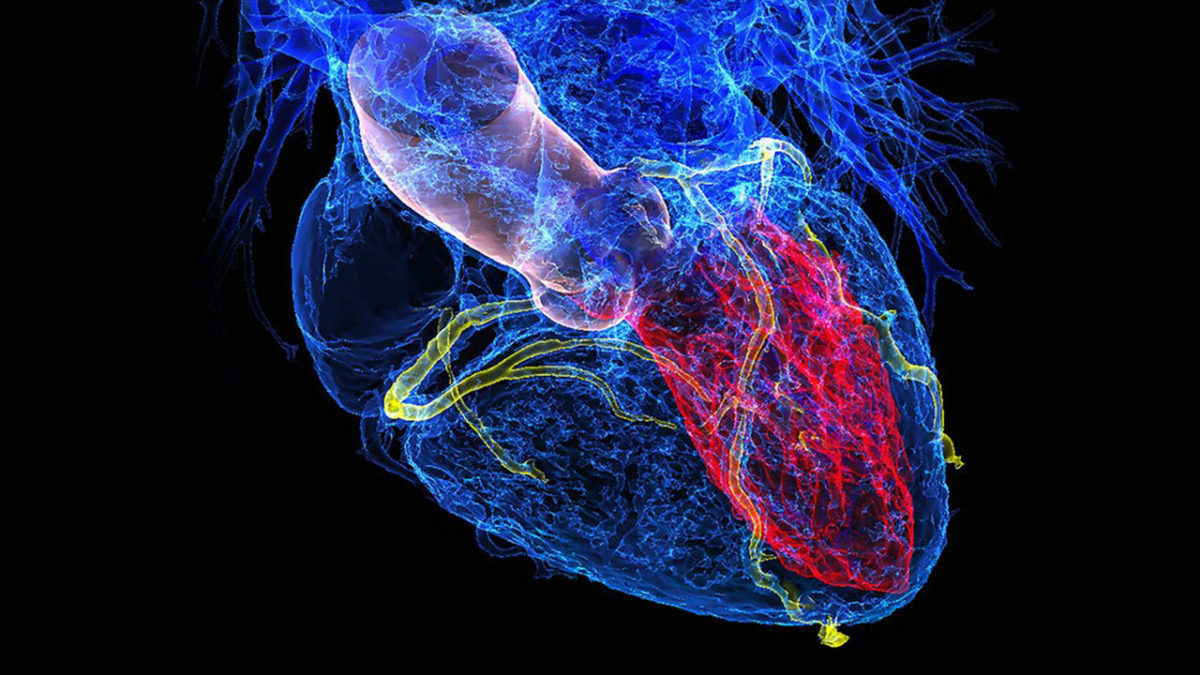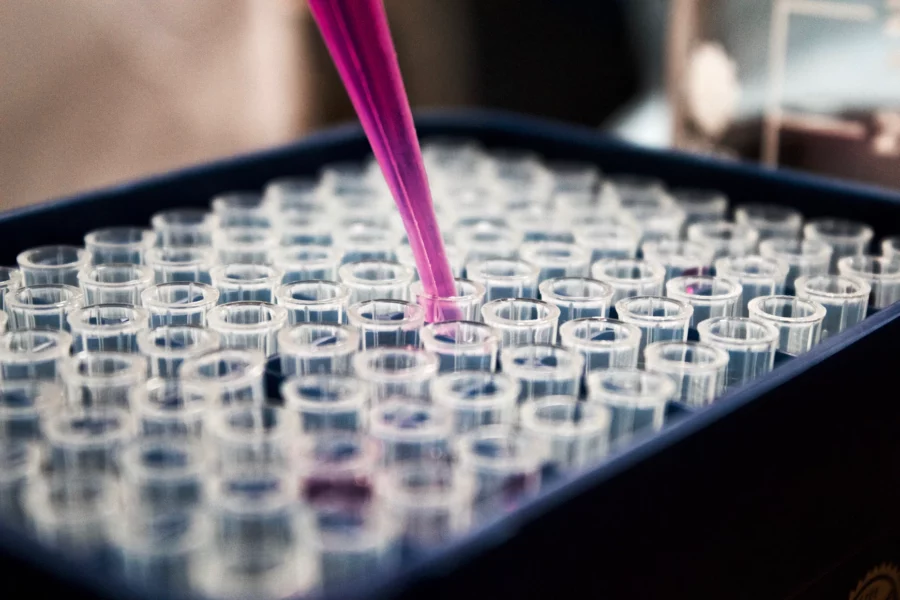COVID-19 and Heart Damage: Latest Studies

As researchers, clinicians, and the general public struggle to understand the nature and direction of COVID-19, new clues and insights are emerging all the time. Case in point: two new studies from Germany and appearing in JAMA Cardiology point to permanent heart damage in COVID-19 patients, even among individuals who were healthy before they recovered from their initial symptoms.
Although COVID-19 clearly attacks the respiratory tract, its cardiac involvement appears to be significant as well. The two new studies follow numerous others that have explored the cardiac health/COVID-19 connection.
Study 1
In the first of the new reports, the authors evaluated cardiac magnetic resonance (CMR) images from 100 COVID-19 patients ages 45 to 53 and compared them with CMR images of similar individuals (controls: 50 healthy and 57 risk-factor matched) who did not have the disease. One third of the patients had been hospitalized for COVID while the remaining patients recovered at home. (1)
Slightly more than three-quarters (78 patients) who recovered from COVID-19 showed structural changes to their hearts, even two months after recovery. All but two of them demonstrated biomarkers usually seen in individuals who have had a heart attack, and 60 had myocarditis.
More specifically, compared with controls, patients who recovered from COVID-19 had:
- Lower left ventricular ejection fraction
- Higher left ventricle volumes
- Greater left ventricle mass
- Raised myocardial native T1 and T2
According to the study’s co-author, Dr. Valentina Puntmann, a cardiologist, clinical pharmacologist, and consultant physician at University Hospital Frankfurt, Germany, she, her fellow researchers, and the patients “were both surprised by the intensity and prevalence of these findings.” (2)
Study 2
This study involved reviewing the autopsy reports from 39 COVID-19 patients ages 78 to 89. Overall, the SARS-CoV-2 virus was documented in 24 (61.5%) of the patients, while the viral load was greater than 1000 copies per microgram in 16 (41.0%). (3)
Study co-author and cardiologist Dirk Westermann of the University Heart and Vascular Centre in Hamburg noted that “We see signs of viral replication in those that are heavily infected. At this point in time, however, he explained that “we don’t know the long-term consequences of the changes in gene expression,” emphasizing that “it’s obviously not good to have that increased level of inflammation.”(2)
Bottom line
Cardiac involvement in COVID-19 patients, including those who are relatively healthy prior to infection, is an emerging concern and highlights the need for clinicians to evaluate the cardiovascular risk factors of all their patients. Use of state-of-the-art diagnostic techniques that gather information on central arterial blood pressure, arterial inflammation, arterial stiffness, and pulse wave reflections, among others, will be critical as we tackle the COVID-19 pandemic and is consequences.
References
- Puntmann VO et al. Outcomes of cardiovascular magnetic resonance imaging in patients recently recovered from coronavirus disease 2019 (COVID-19). JAMA Cardiology2020 Jul 27
- Mazziotta J. Three-quarters of recovered coronavirus patients have heart damage months later, study finds. People.com 2020 Jul 28
- Lindner D et al. Association of cardiac infection with SARS-CoV-2 in confirmed COVID-19 autopsy cases. JAMA Cardiology 2020 Jul 27




